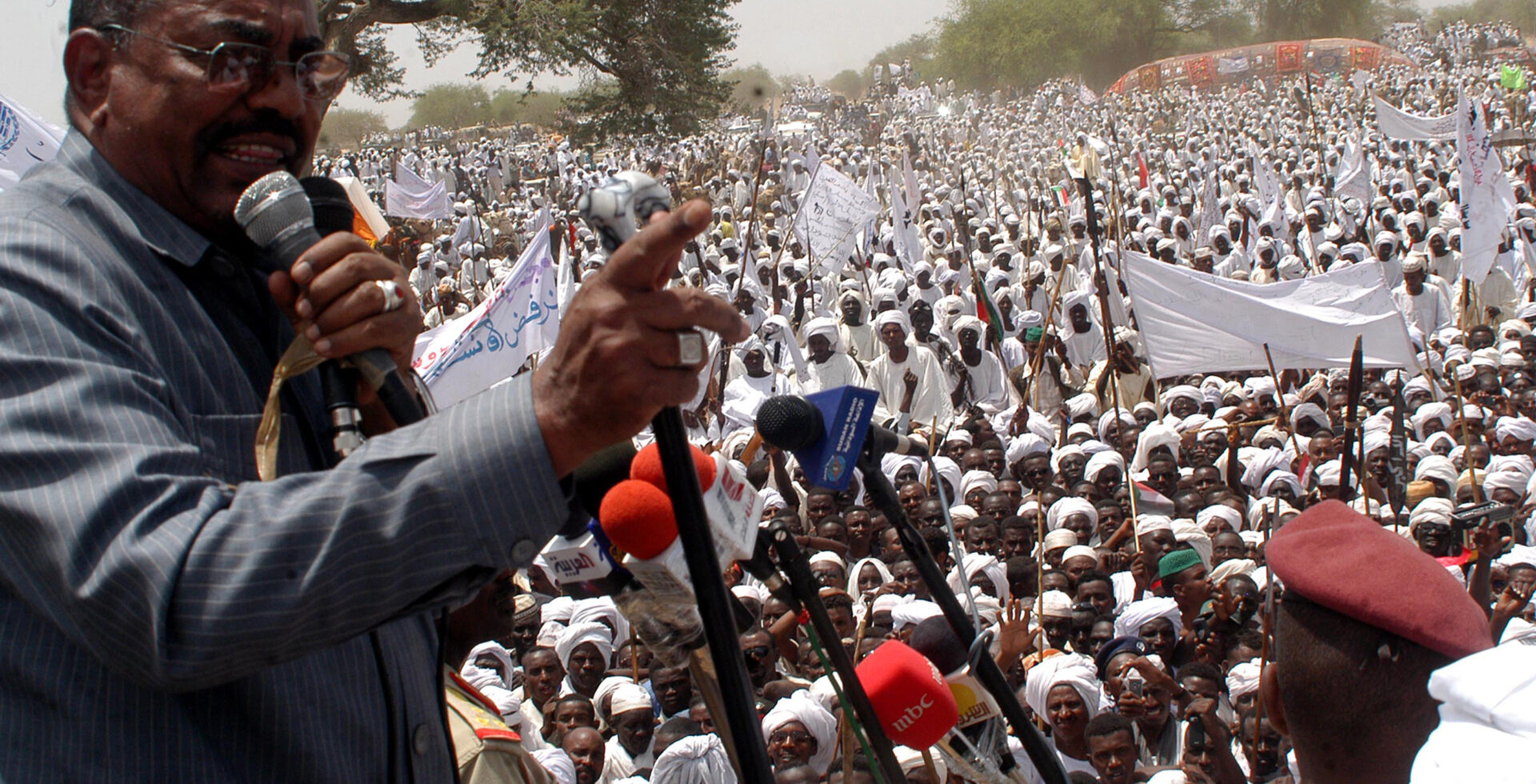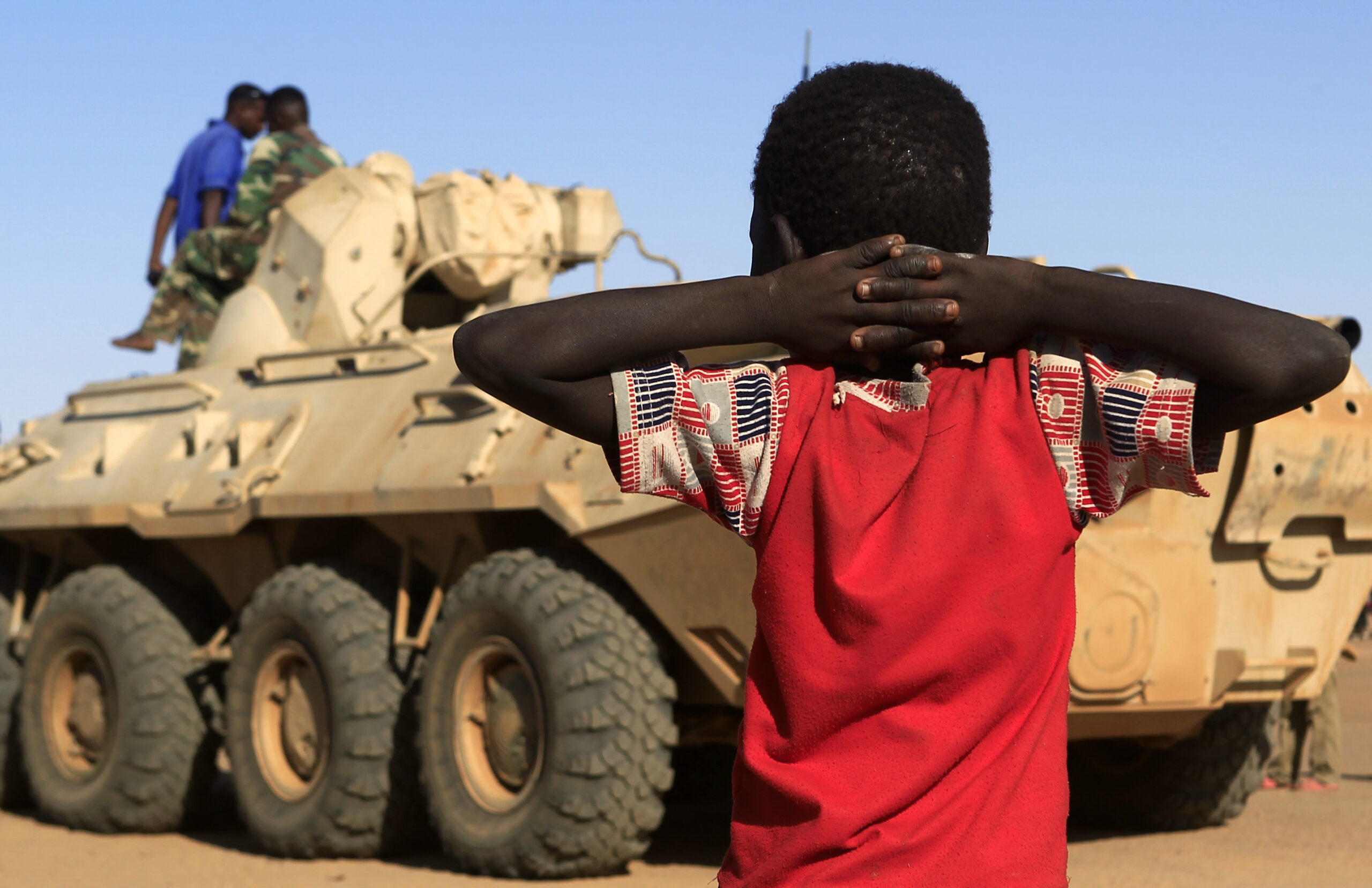Between 1997 and 2003, Sudanese government forces and their allied militias used a “scorched earth” policy to depopulate the areas where oil companies carried out oil exploration projects.
As a result, thousands of people were killed, raped, tortured, abducted, and forcibly displaced from their homes. A report by the European Coalition on Oil in Sudan (ECOS) alleged that a foreign oil consortium, known at the time as Lundin Oil, “worked alongside the perpetrators of international crimes” and installed an “infrastructure [that] enabled the commission of crimes”.
The report alleged that the Consortium “may have been complicit in the commission of war crimes and crimes against humanity” committed by Sudanese forces. In 2021, following a multi-year investigation, Swedish prosecutors indicted two of the company’s former executives for their alleged complicity in “serious international crimes” in Sudan. Soon after, Lundin Energy’s operations in Norway, the company’s most valuable assets, were sold off to the Norwegian oil company AkerBP.
The trial of the Lundin Energy’s former CEO Alexandre Schneiter & its chairman Ian Lundin is will commence in 2023. The Docket works with Swedish lawyers representing Sudanese victims to support their representation in the criminal case & ensure that they can obtain appropriate redress through the proceedings.
During its oil exploitation project in southern Sudan, the indictment alleges that Lundin actively benefited from and facilitated war crimes and crimes against humanity, including massive displacement and destruction, killings, rapes, torture, and use of child soldiers.
The “scorched earth” policy deployed by Sudanese government forces and their allied militias to depopulate the areas where Lundin carried out its oil exploration involved horrific large-scale displacement, abductions, and rape.
A focus of our work is ensuring that female survivors are represented in the criminal proceedings currently ongoing in Sweden. Dozens of towns and villages were burnt to the ground and over 200,000 civilians displaced, left with no means of survival and denied life-saving humanitarian assistance.
More than 12,000 people, including many women and children, died; civilians were raped, tortured, enslaved, and children forcibly conscripted as soldiers.
While the exact numbers of victims are hard to come by, the following data collected by Human Rights Watch in 2003 from the village chiefs in the area, gives an indication of the overall scale of abuses:
90,000 Displaced from Rubnyagai (September 15, 1999 to April 2000)
4,433 Civilians killed including 1,433 children and 1,259 women (September 15, 1999 to April 2000)
1,500 Children were abducted (September 15, 1999 to April 2000)
150,000 Displaced from Jikany, Jagei and Dok (July 10, 2000 to December 2001)
4,500 Civilians killed, mostly children, women and elderly men, many of them burnt to death in their huts (July 10, 2000 to December 2001)
4,000 People killed including 2,130 children and 955 women (January 2002 to June 30, 2003)
100 + Children kidnapped, some were later killed and others disappeared (January 2002 to June 30, 2003)

The November 2021 indictment of Ian Lundin and Alexandre Schneiter marks a historical step towards justice for victims who have been denied accountability and redress since the commission of crimes between 1997 and 2003.
Prior to the indictment, the former Lundin Energy executives brought several legal challenges to the process. One of the last challenges to the investigation by the former Lundin Energy executives prior to the indictment was their claim that their fair trial rights were being violated under the European Convention of Human Rights, due to the length of the then-ongoing investigation by the prosecution into the alleged crimes.
An opinion filed by Ambassador Stephen Rapp on behalf of The Docket argued for the dismissal of this claim, highlighting how similar cases show that the seriousness of the allegations and the complexity of the investigation mean the length of the prosecution’s investigation has not been unreasonable. In August 2021, the Supreme Court of Sweden rejected Lundin Energy former executives’ claim that their right to a fair trial “within a reasonable time” has been violated which allowed for the investigation to continue and led to the indictment shortly after.

